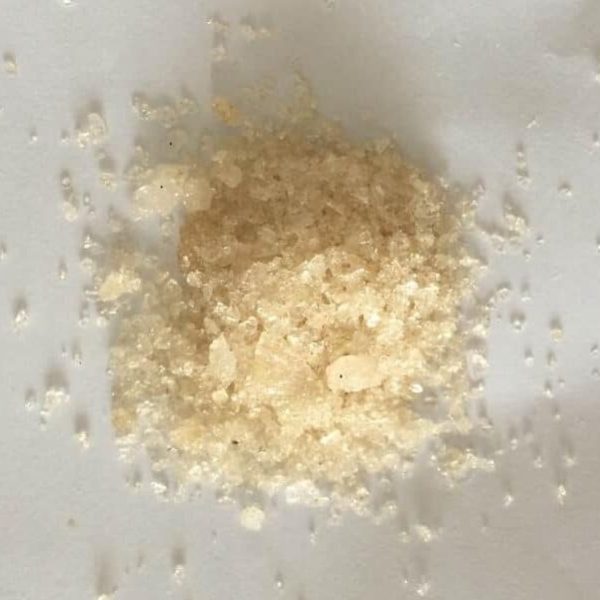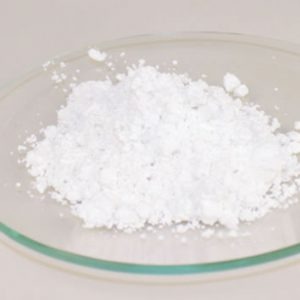MDA & MDE (MDEA)
Introduction: Why Choose MDA & MDE at Psychedelics Lab?
MDA (3,4-Methylenedioxyamphetamine) and MDE (Methylenedioxyethylamphetamine, also called MDEA) are psychoactive compounds closely related to MDMA (ecstasy), known for their empathogenic and stimulant effects. These chemicals are valuable in neuropharmacological and psychiatric research, particularly for their impacts on serotonin, dopamine, and norepinephrine systems. Psychedelics Lab supplies MDA and MDE with high purity exceeding 98%, produced to meet rigorous scientific research standards for clients in the USA and Europe.
What Are MDA & MDE?
MDA is a substituted amphetamine with a methylenedioxy ring bonded to the phenyl group, chemically similar to MDMA but differing in the molecular side chain. It is both a serotonin releaser and a mild hallucinogen that exhibits stronger stimulant and hallucinogenic effects compared to MDMA. MDE (MDEA) is a related compound differing by an ethyl group instead of a methyl group, resulting in a subtler stimulation and empathogenic effect, sometimes termed "Eve". Both act primarily to increase monoamine neurotransmitter levels but differ in potency and subjective effects.
Popular MDA & MDE Research Chemicals
| Product Name | Purity Level | CAS Number | Research Use Cases | Availability in USA/EU |
|---|---|---|---|---|
| MDA | ≥98% | 308-94-7 | Neuropharmacology, empathogen studies, behavioral pharmacology | Available |
| MDE (MDEA) | ≥98% | 6448-73-3 | Empathogen research, serotonin and dopamine modulation | Available |
Both compounds are produced with validated chemical synthesis protocols and verified analytically by chromatography and mass spectrometry for identity and purity.
Why Purity Matters: Psychedelics Lab Standard
Maintaining purity greater than 98% ensures accurate dosage, consistent pharmacological responses, and minimizes contamination risks. Psychedelics Lab employs strict quality control measures and third-party testing, issuing Certificates of Analysis for each batch to uphold high standards essential for reliable scientific research.
FAQ: How Is Purity Determined?
Purity is assessed using chromatographic (HPLC, GC) and spectrometric (MS) methods, providing detailed profiles of the chemical content and impurities present.
Safety, Compliance, and Delivery
Psychedelics Lab distributes MDA and MDE exclusively for scientific research, complying with USA and European regulations. Researchers must verify their local legal obligations. Shipping is discreet and insured, with recommended storage in cool, dark, and dry conditions to maintain efficacy and stability.
How to Choose MDA & MDE for Research
Choice between MDA and MDE depends on the specific neuropharmacological questions and desired behavioral or empathogenic effects. MDA is generally more stimulating and hallucinogenic, while MDE is milder and primarily empathogenic. Psychedelics Lab provides tailored consultation to match product selection with research needs.
Frequently Asked Questions
How do MDA and MDE differ pharmacologically?
MDA produces stronger stimulant and hallucinogenic effects, while MDE offers subtler, more empathogenic actions with less stimulation.
Are there purchase restrictions?
Products are sold globally for research only; legal compliance verification is the buyer's responsibility.
Is detailed scientific support offered?
Yes, Psychedelics Lab provides comprehensive research and technical assistance.
Call-to-Action Box
Explore MDA & MDE Research Chemicals – View All Products
Contact Us for Custom Synthesis or Bulk Inquiries


